Kids love to dream. In fact, adults love to dream too. And one of the things we love to dream about is the future.
As we dream about the future, we can stumble upon a whole lot of social conditioning.
As an adult, hasn’t this happened to you?
- You work hard for something you “think” you wanted.
- Once you get there or attain it, you realize (deep down) it’s never what you wanted in the first place.
- Perhaps, it’s what others wanted for you. Or what society expected of you. And somehow, somewhere along the way you internalized it.
One of the best ways to avoid this trap is to cultivate awareness. With our children, we can help cultivate awareness through language and communication.
Children tell us a lot by the way they speak, if we listen closely.
Social conditioning is everywhere, and it’s subtle and sneaky. But children, as I am sure you have noticed, easily absorb these subtle messages.
Let’s think of a few simple scenarios.
You take your child to the doctor for a procedure that is uncomfortable and even painful. When the procedure is over, the doctor says kindly to your child: “Well done! You are so brave, you didn’t cry at all!” Your child internalizes this statement as bravery = not crying. When in fact, we want our children to know that crying can also be brave and is a really healthy response to emotional overwhelm or physical discomfort.
Another one? Your child is coloring at school and stays in the lines. The teacher says kindly : “Good job! You stayed in the lines and didn’t make any mistakes!” Your child internalizes good job = not making mistakes. And of course, as adults, we want our children to know that mistakes are inevitable and even an important part of evolution and growth.
So what do we do? Because we can’t keep our child in a bubble away from (often) well-intentioned influences.
1. Engage your child in imaginative exercises.
Ask him or her or them on a regular basis, “What kind of person do you want to be today?” Or set intentions together for the week or month ahead.
2. Listen in.
When you do these exercises, listen carefully for common socially conditioned phrases. “I want to get a good grade on my test.” “I want to be brave and not cry at the dentist.” “I want to be strong so I won’t be scared of the dark.”
It’s really common for kids to say these things. When you start to become aware, you’ll notice there are phrases like this everywhere — in children’s books, programming, activities. Whenever you find one, it presents an opportunity for dialogue and un-doing.
In episode 2 of our WeeWonna Talk podcast, our curious bee friend, Beezly, falls into these traps while writing a poem about the new year. And Amaya helps him to re-write these phrases in more loving and open ways.
3. Help re-phrase.
Work with your child to change his, her or their language.
“I want to get a good grade on my test” becomes “I want to try my best on my test.”
That’s good enough and helps your child know we are not defined by our grades or external success.
“I want to be brave and not cry at the dentist.” Becomes “It’s brave and absolutely ok to cry sometimes.”
This helps your child not to repress normal emotions and be able to express themselves.
“I want to be strong so I won’t be scared of the dark.” Becomes “I am strong when I face my fears. It’s ok to be scared sometimes. Everyone gets scared.”
And this can lead to some wonderful conversation about what he, she, or they can do whenever they feel scared.
It’s also our work as parents to notice it within ourselves and our own communication.
What kind of questions are we asking our children? Are we asking them questions that :
(a) value who they are,
(b) emphasize effort over external success
(c) validate rather than minimize their emotions
These are big check-in points for us. And asking these questions is the first step to more mindful and less socially-conditioned communication within our families.
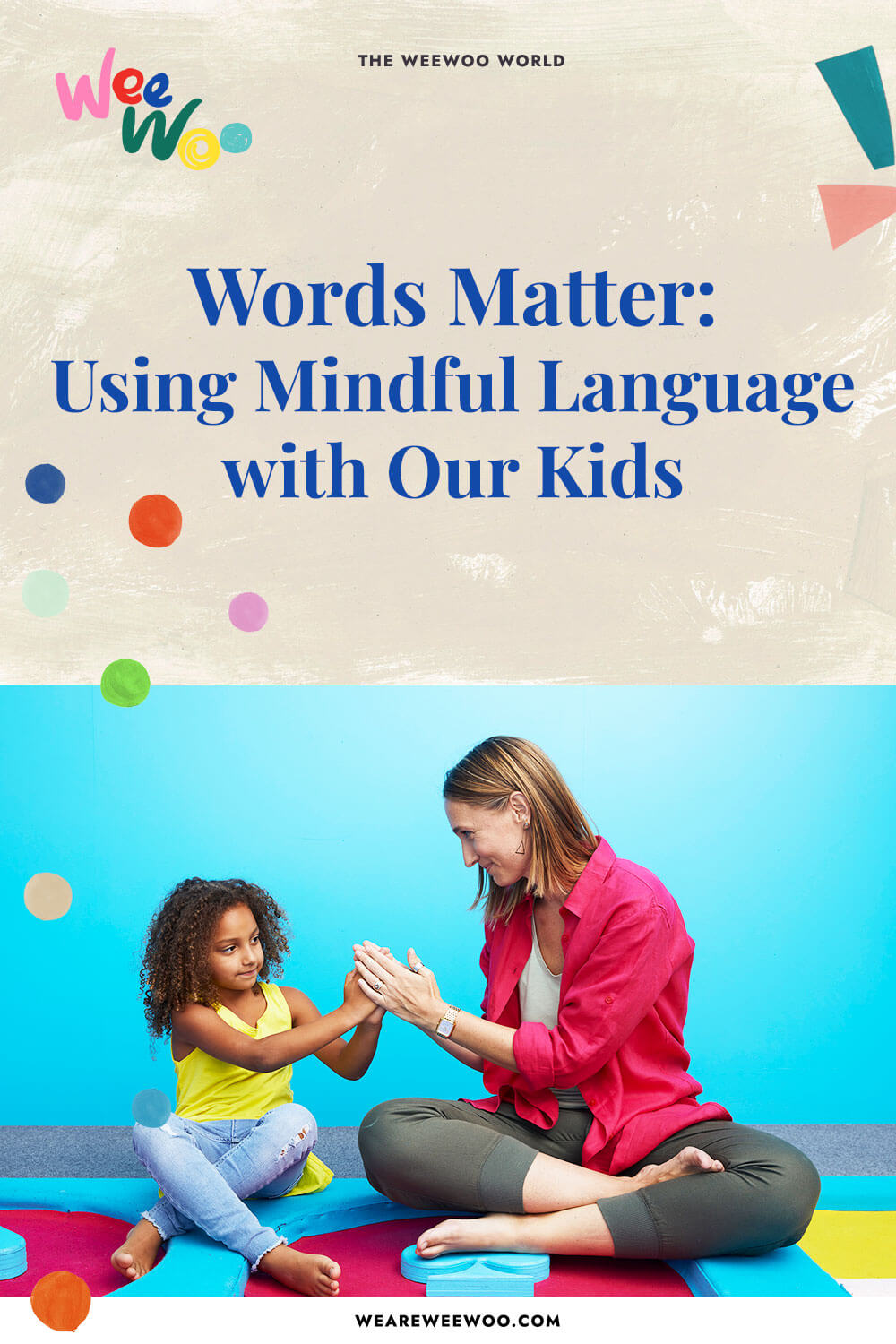


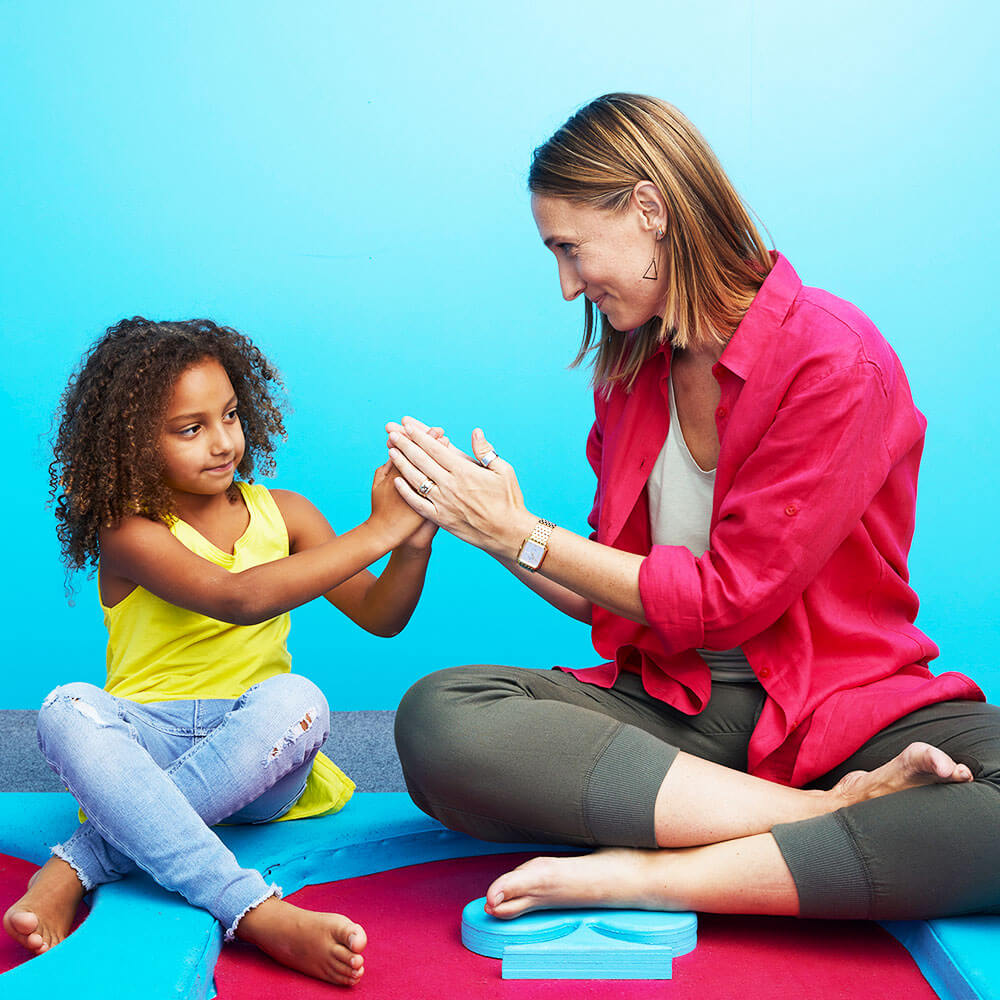

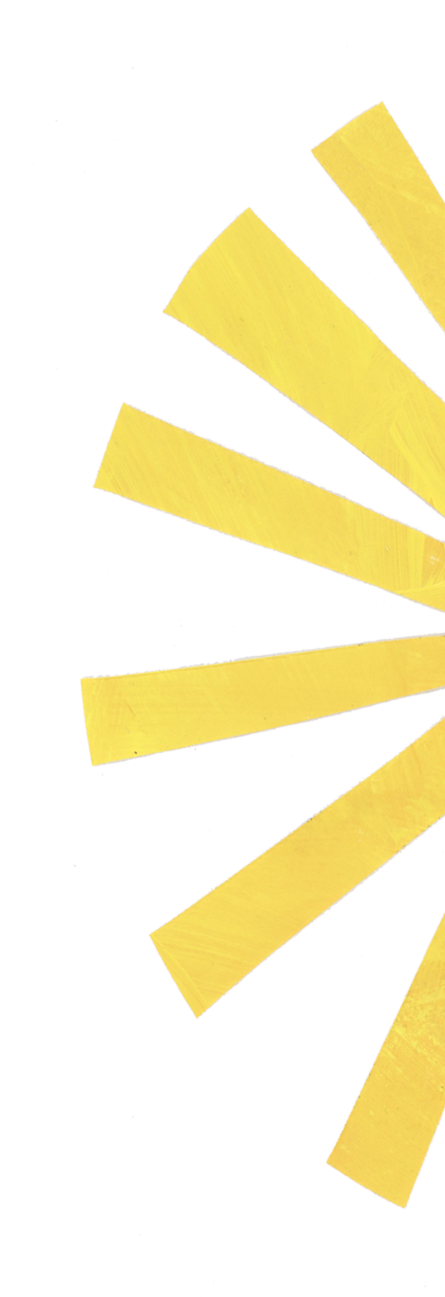
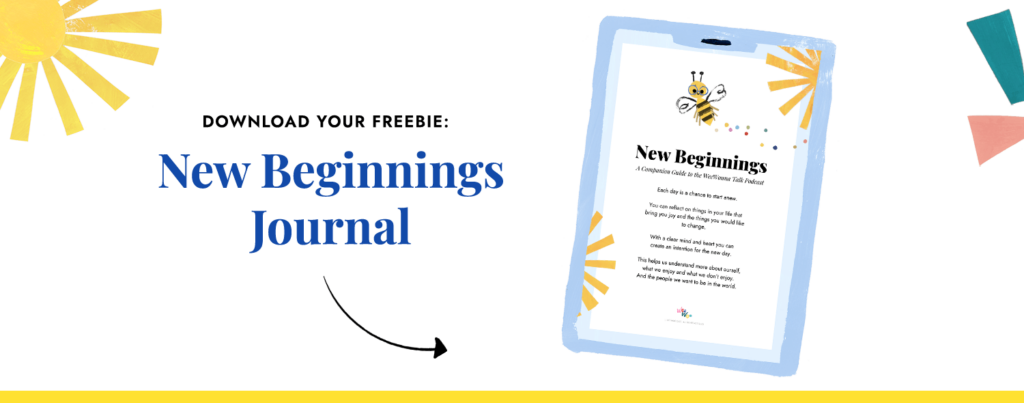
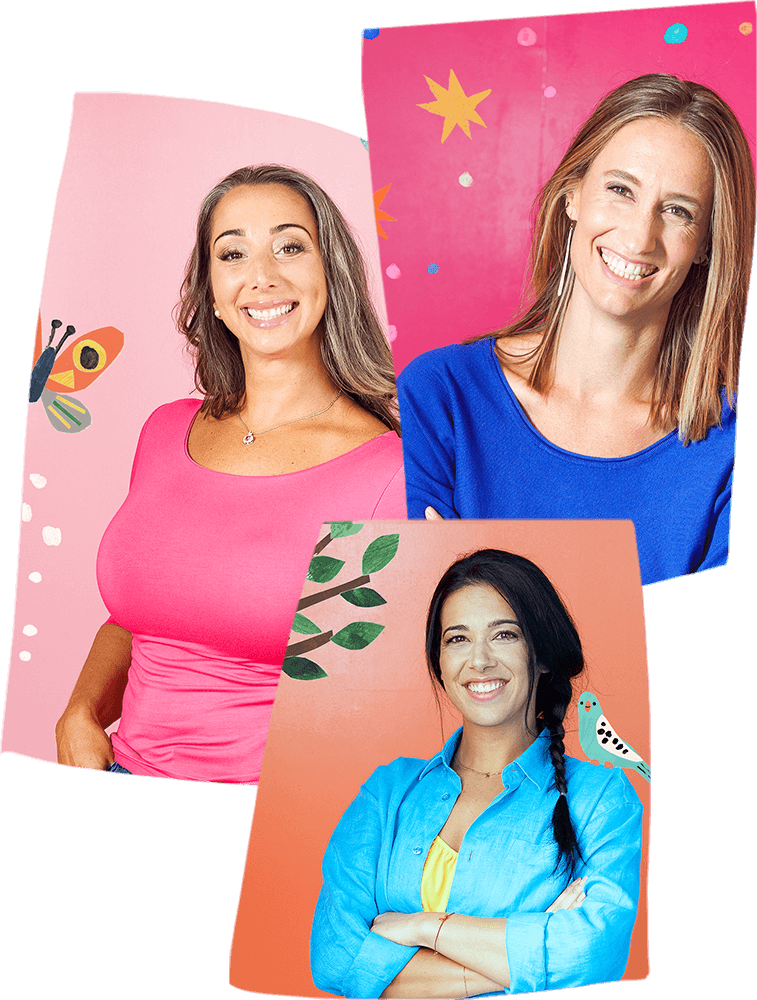
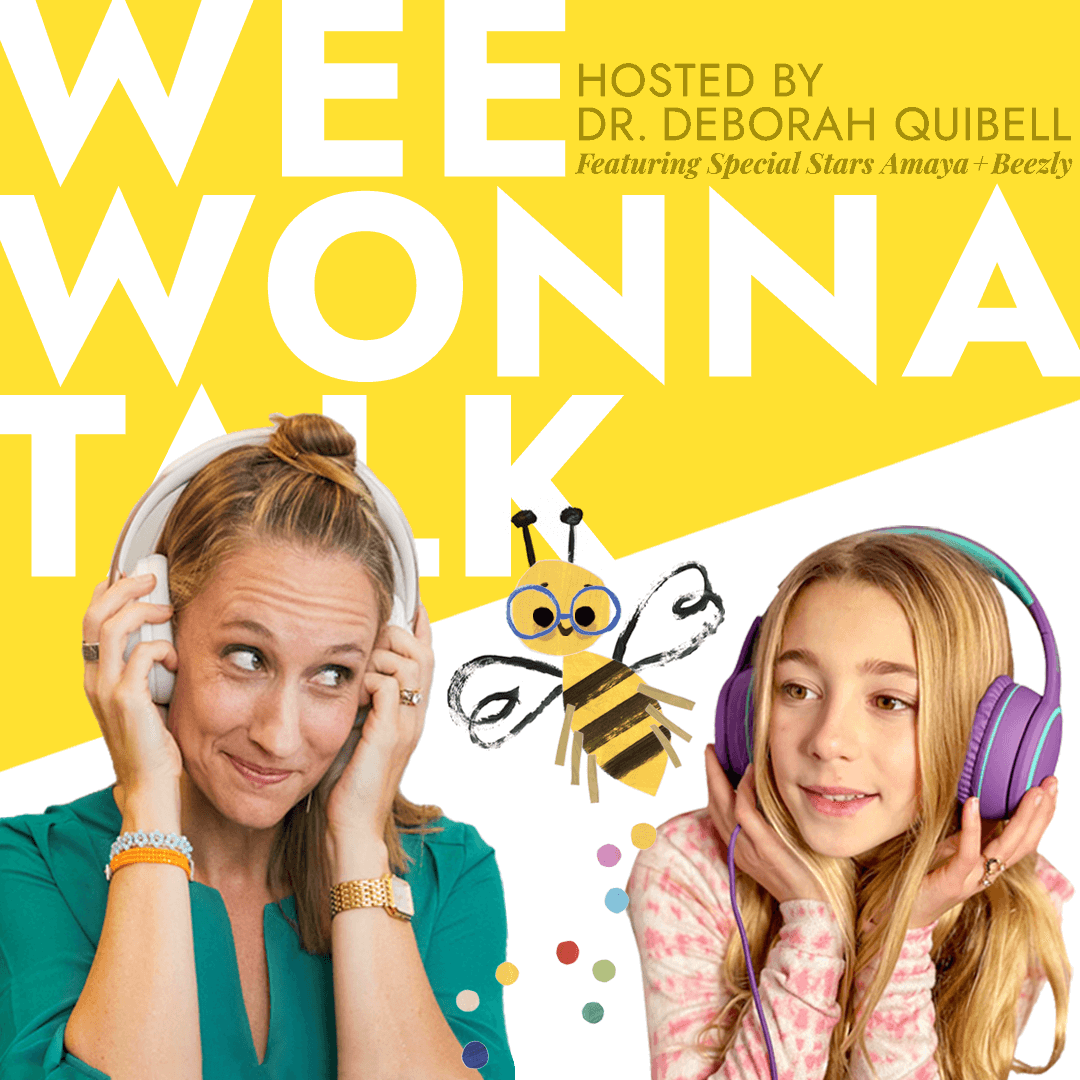
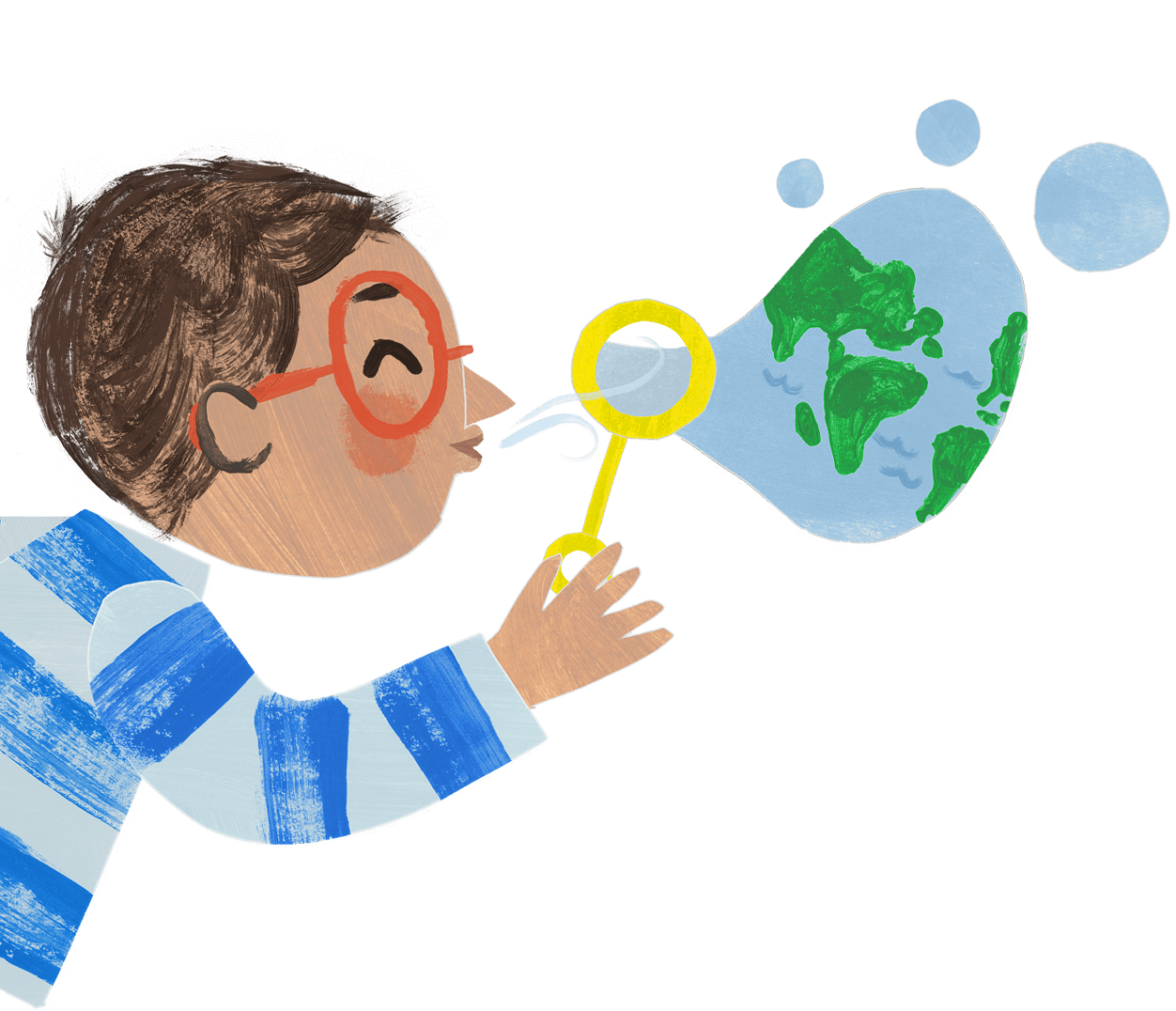
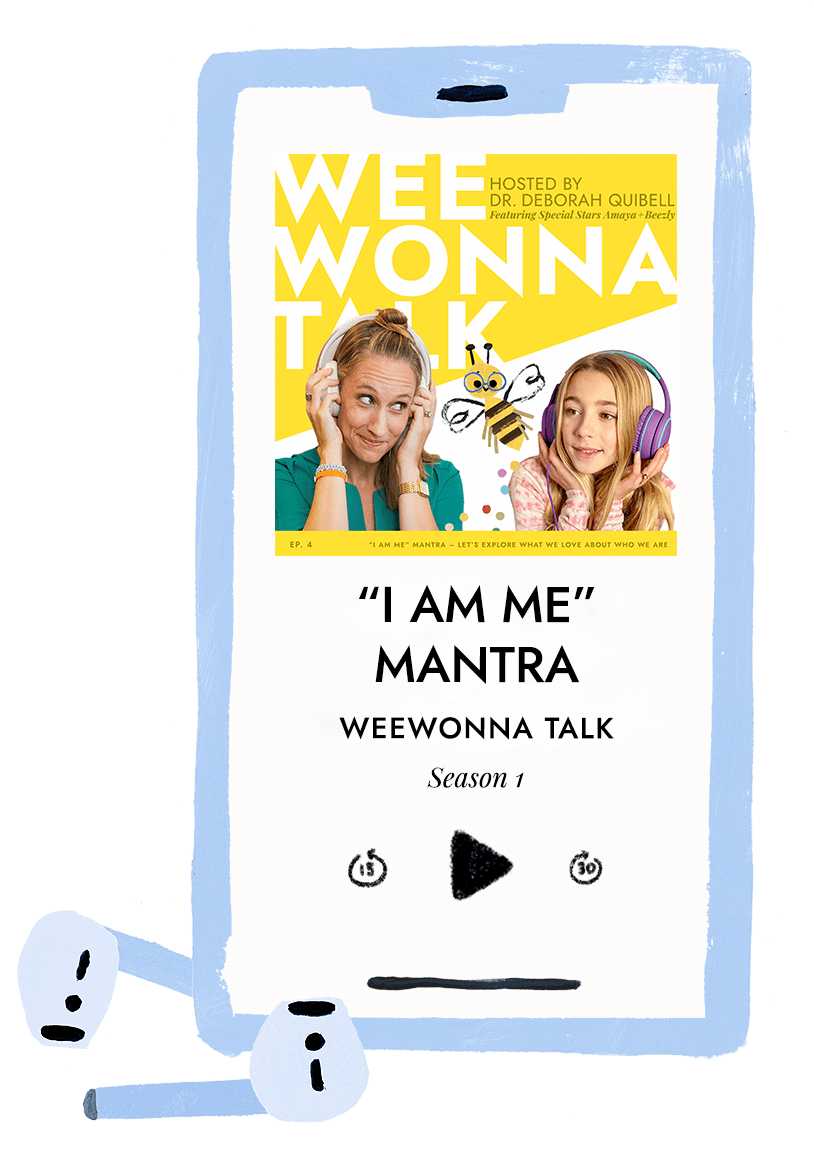
0 Comments